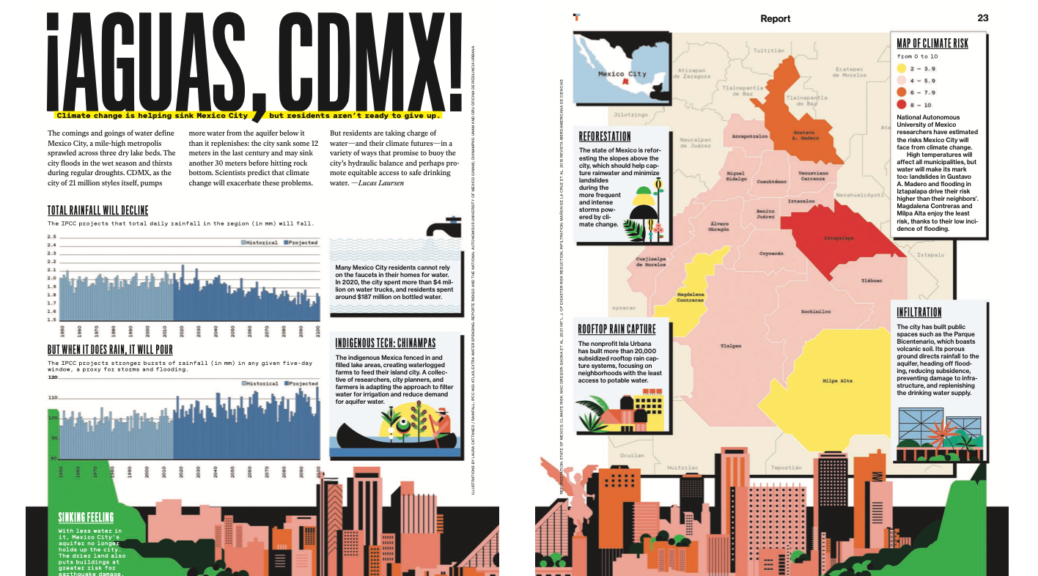EVA BELMONTE CARMEN TORRECILLAS MARÍA ÁLVAREZ DEL VAYO DAVID CABO MIGUEL ÁNGEL GAVILANES
El Confidencial, Spain: MARÍA ZUIL DW, Germany: KIRA SCHACHT Eurologus, Hungary: LÁSZLÓ ARATÓ Divergente, Portugal: BEATRIZ WALVIESSE VoxEurop, Belgium: ADRIÁN BURTIN
English editing: LUCAS LAURSEN
May 10, 2022
Almost 100,000 people across the European Union (EU) have one thing in common: their justice systems have locked them up but no court has issued them a final sentence. “If you don’t have the death penalty, pretrial detention is the most severe punishment that a state can use against a person in a democracy,” says German lawyer Thomas Röth. Despite the profound economic, social and personal consequences of going to prison, European courts often use this provisional measure against people whom they must still consider innocent.
More than one in five people in European prisons were, at the beginning of 2021, in pretrial detention, meaning they are waiting for their trial or the result of an appeal. Some 22 of every 100,000 inhabitants in the European Union (EU) were deprived of their liberty before final conviction.
Continue reading Translated story: One in five people in EU prisons are in pretrial detention